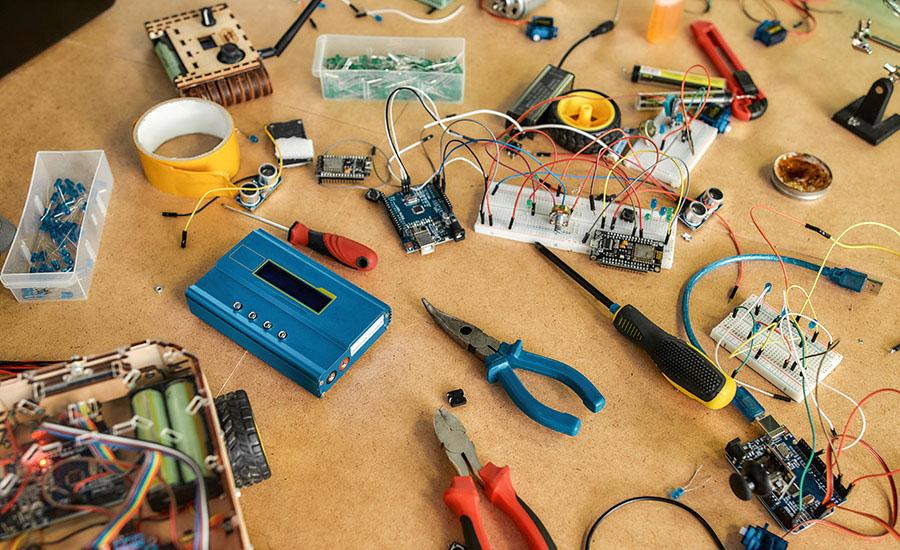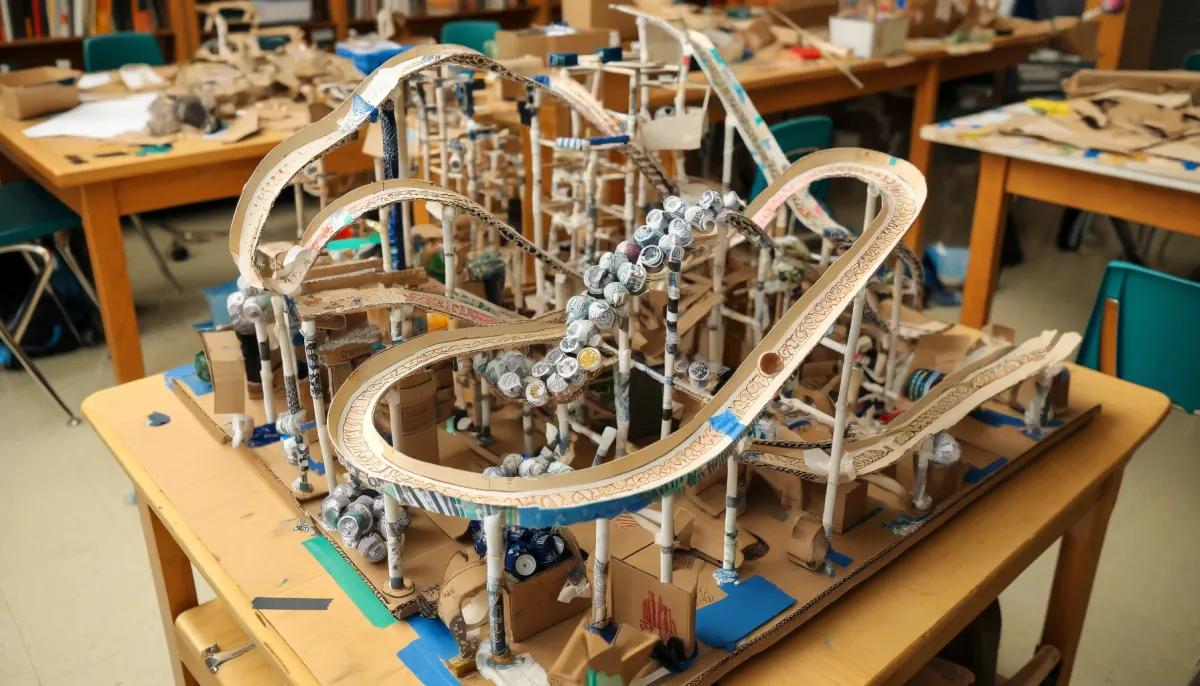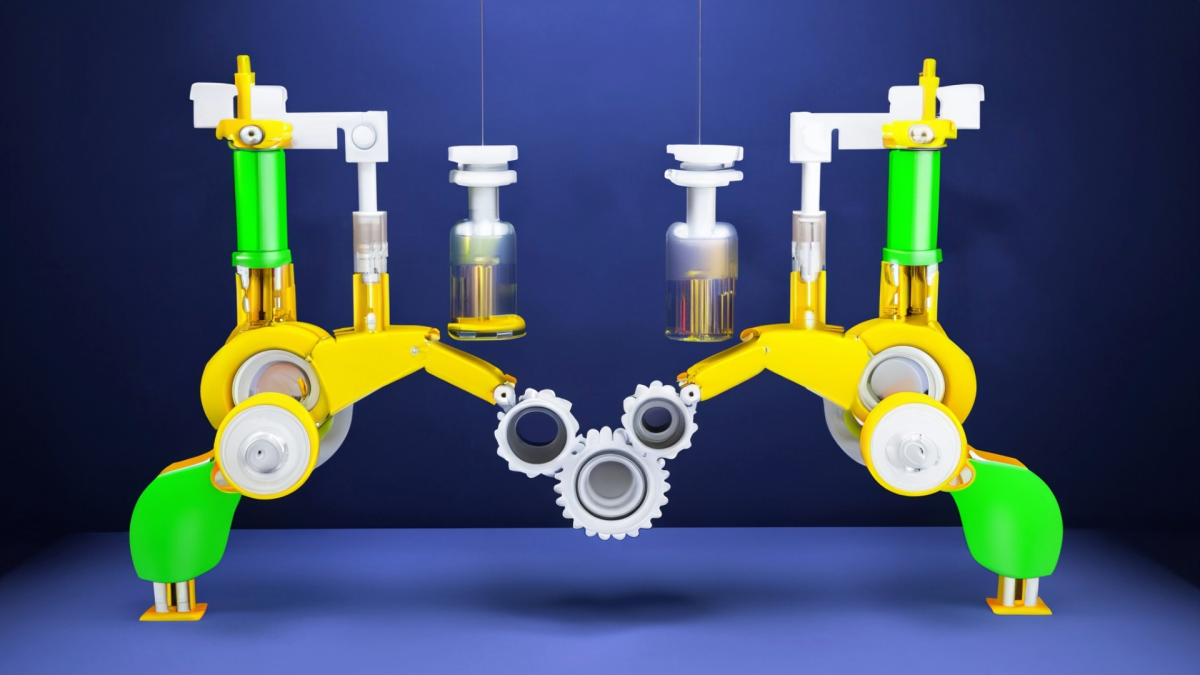
PROJECTILE MOTION IN ACTION: How To Make a Spy Balloon Catapult
This lesson plan will focus on different fun and engaging activities pertaining to one of the most complicated standards in physics, which is projectile motion. At the end of this lesson students are expected to:
1. Explain how a net force is required for an object’s movement to change.
2. Develop a mathematical model, using Newton’s laws, to predict the motion of an object in two dimensions ( projectile and circular motion.)
3. Use mathematics and computational thinking to explain how Newton’s laws are used in engineering and technologies to create products to serve human ends.
4. Investigate and explain projectile motion.
5. Collaborate, communicate effectively with their group mates and use creativity and critical thinking skill to complete an engineering design
6. Design and engineer catapult blades that shoot down a spy balloon.
Lesson Grade Level
12th GradeLesson Plan Link/URL
https://docs.google.com/presentation/d/1bb8Ft9FTZ1Zl70V2k6VfzuadjFzdmqtiCA_Aobc…Subject Area
Science Physical Science P3: Net Force Technology 3. Knowledge Constructor 6. Creative Communicator Engineering S2: Apply the Engineering Design Process S3: Apply Mathematics to Engineering S4: Apply Science to Engineering Mathematics Measurement and Data (MD) Geometry (G) Reasoning with Trigonometry (RT) Reasoning with Vectors (RV) English Language Arts (ELA) Reading (Informational Text)Related Content


This lesson is part 1 of 2. This lesson is set up to have students explore the friction bridge designed by Leonardo Da Vinci. Students first discover the inventor and become familiar with his life

This is the 2nd lesson is a 2-part series. Students will expand their knowledge of Newton's laws while building, launching and changing the design of paper rockets. This design and modeling exercise

